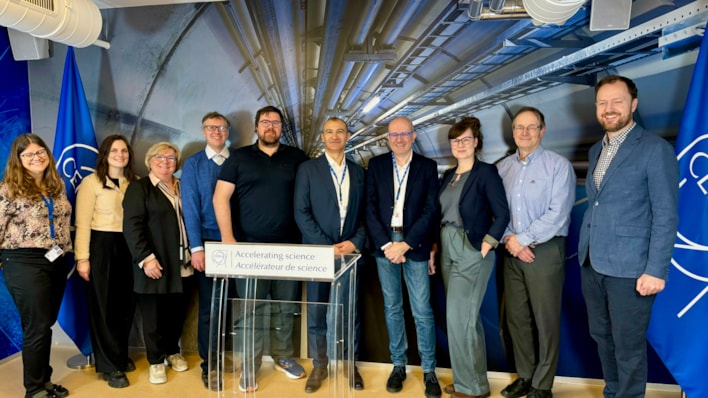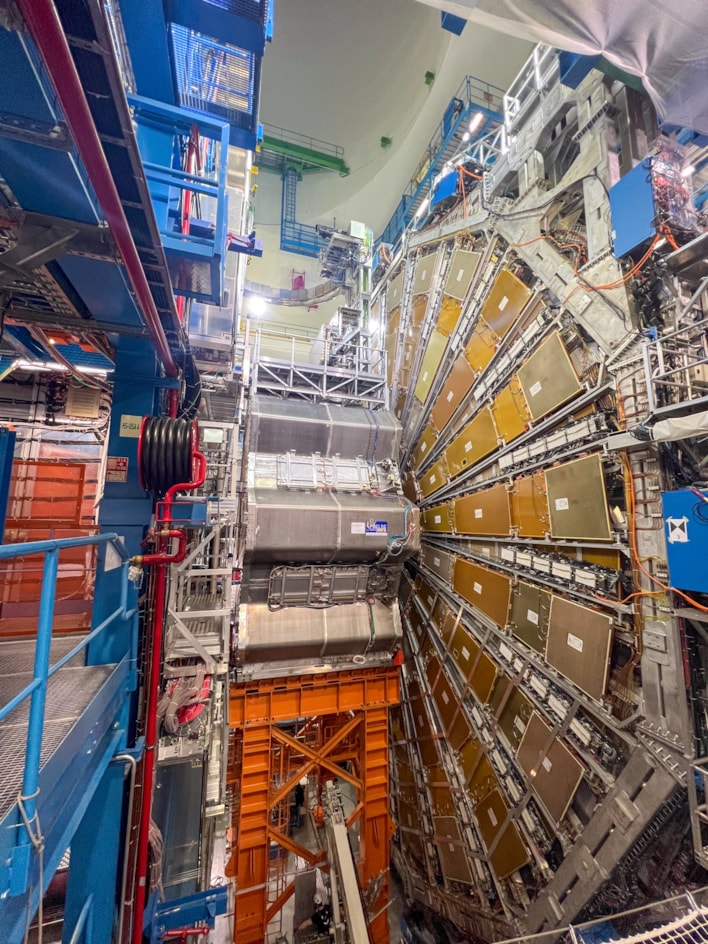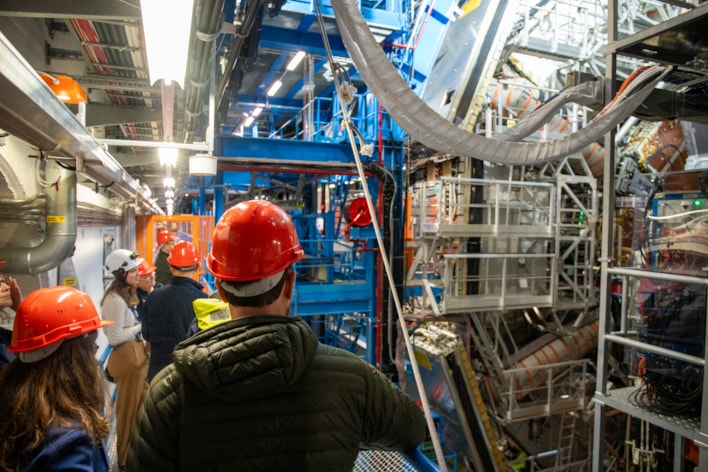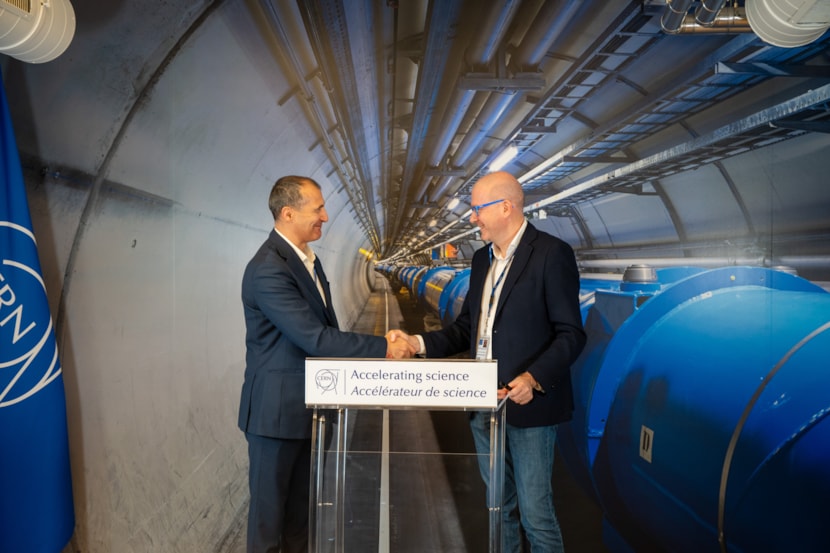The MoC, signed on January 30th, marks the beginning of a partnership to address the challenges and opportunities for managing highly complex systems that demand high reliability.
"The transition to the future power grid characterised by a high share of renewable and intermittent energy sources requires new solutions and expertise in monitoring and controlling the grid. As we navigate the challenges posed by the integration of wind and solar energy into our grid, collaboration with CERN emerges as a valuable partnership. It will make us accelerate the development of novel solutions, ensuring a secure and efficient operation of the power grid in Norway and beyond", says Nenad Keseric, Director of R&D and Innovation at Statnett.
"The collaboration with Statnett reinforces CERN's ongoing commitment to innovate and contribute to addressing global challenges such as climate change through technological advancements. I am confident that merging CERN's expertise developed in the pursuit of fundamental physics research with Statnett’s proficiency in managing complex and reliable power systems will make a positive impact on energy grids. We also hope it serves as an inspiration for others to innovate with CERN.” shares Giovanni Anelli, Head of Knowledge Transfer at CERN.
Knowledge transfer between Statnett and CERN
Statnett and CERN will explore collaboration in various thematic areas, including time synchronisation on measurements, control of high-voltage power electronics, artificial intelligence (AI) and machine learning, in addition to drone and robot technology. The goal of this innovation collaboration is to contribute to the utilisation of existing infrastructure, automated system operation, increased capacity, and advance the development of an offshore power system.




